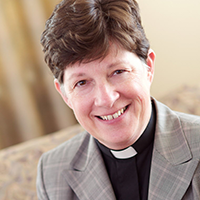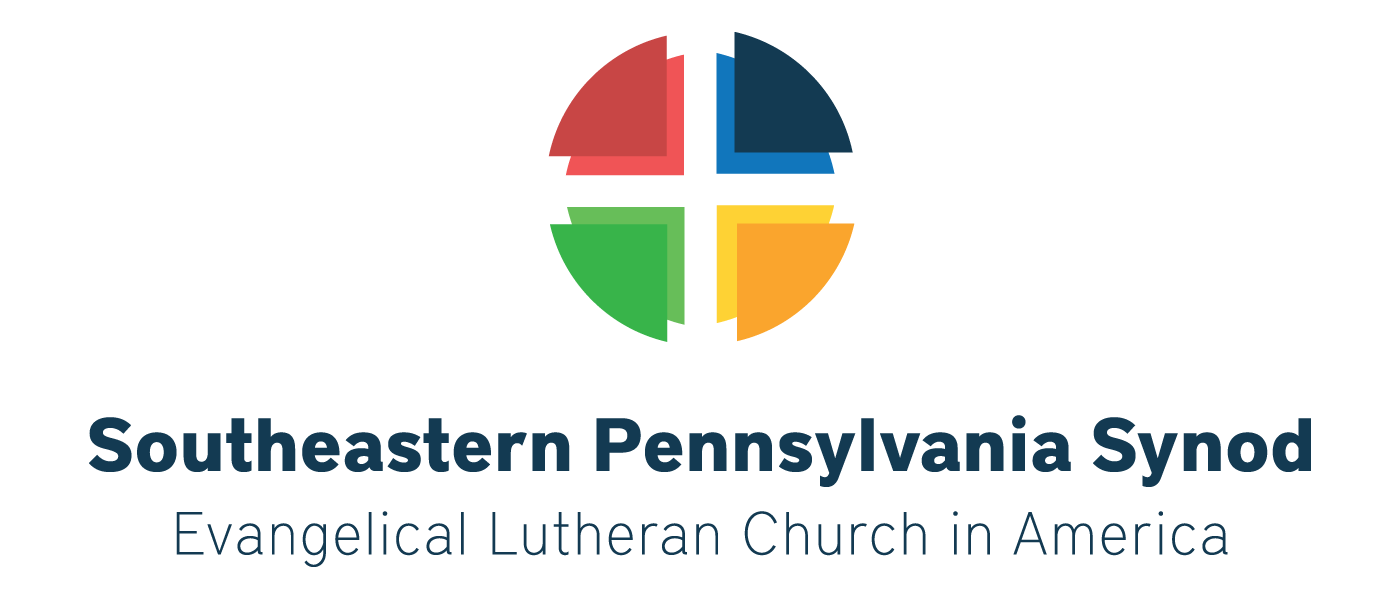October 2, 2019 in ELCA, Faith in action
Bishop Eaton: Bold Actions at Churchwide Assembly

By Elizabeth A. Eaton
This church had a meeting in August. We gathered in Milwaukee for the 2019 Churchwide Assembly. We were filled with anticipation and excitement—what would unfold during the assembly? How would we be inspired by worship and Bible study? How would we be challenged? What new insight into the work of the church would we receive?
It turned out to be quite a week. The assembly adopted a social statement, “Faith, Sexism, and Justice: A Call to Action”; offered an apology to people of African descent; adopted a resolution setting aside June 17 as a day of repentance to commemorate the Emanuel 9; moved forward on our work toward authentic diversity; declared the ELCA a sanctuary denomination; adopted a policy statement, “A Declaration of Inter-religious Commitment”; celebrated the successful completion of our first-ever comprehensive campaign; began the celebration of 50 years of Lutheran women being ordained in the United States, 40 years of women of color being ordained, and 10 years of LGBTQIA+ individuals being able to serve freely; elected Deacon Sue Rothmeyer as secretary; passed a budget; and much more.
The assembly was intense, and voting members were actively engaged. The actions taken generated much debate during and after the assembly. Different narratives about what did and did not happen have been spun.
Some say that a gathering of well-meaning people got a little carried away and entangled the church in impossibly naïve and dangerously political issues—calling out patriarchy, denouncing racial inequity, establishing a new commemoration for the church calendar, becoming a “sanctuary denomination,” being a little too open to inter-religious commitments. Others say that a gathering of well-meaning people took decisions that were too timid, that didn’t go nearly far enough to address and act on significant issues in society and within the church. It seems as if they are reporting on two different events.
Here’s what did happen. Our days were centered around the word and sacraments. At midday every day we gathered for communion. We heard the word read, proclaimed and sung. We remembered our baptism. We received the living Word in, with and under the bread and wine. This wasn’t an intermission in our work, a kind of break from the real business of the assembly. It was the source and strength for the work we were called to do.
Before votes were cast, we paused in silence and then in prayer. There was Bible study every day. We sang psalms and hymns and spiritual songs to God. We had deep conversations with each other, first as strangers, but then recognizing in each other a member of the body of Christ. We celebrated and disagreed and laughed and got far too little sleep. And, led by the Spirit, we caught a glimpse of the kingdom of God breaking into the world.
One of the gifts the Lutheran movement offers to the world is the clear declaration that the word of God is both law and gospel, judgment and promise. Martin Luther had a very conservative view of human nature, recognizing our brokenness, rebellion and sin. We all stand under God’s judgment. Did we get it all right at the assembly? Probably not. Where we were in error, may God correct us. But the word’s promise is that we are forgiven and redeemed. We are freed in Christ to love and serve our neighbor.
The actions taken in Milwaukee were based on our scriptural and confessional understanding of who God chooses to be for us, especially and most clearly in Jesus crucified and risen for the life of the world. We believe that God desires abundant life for all, that all people are created equally in the image of God, that we are commanded to welcome the stranger and care for children.
And we are to be bold. In Milwaukee, we stepped out in faith.
A monthly column from the presiding bishop of the Evangelical Lutheran Church in America. Her email address: . This column originally appeared in Living Lutheran’s September/October issue. Reprinted with permission.

